Black History Month
A brief history of Black History Month: Carter G. Woodson, a Black historian, author, and journalist, grew tiresome of the lack of Black representation in American history. His feelings were that the consequential works of African-Americans were largely ignored in the history books. This led Woodson to found The Association for the Study of African American Life and History (ASALH) in 1915, which aimed to promote the study of Black history and achievement which resulted in Black History serving as curriculum in schools. Then, in 1926, Woodson and the ASALH created "Negro History Week" to further fortify the importance of Black heritage. It would be celebrated during the second week of February to coincide with the birthdays of Abraham Lincoln (February 12th) and Frederick Douglass (February 14th). Many mayors and city officials would adopt Black History Month proceedings in the years that followed—some even before President Ford made it official in 1976.
This month is just another opportunity to consider how we can create more justice in our daily lives and institutions—how can we create spaces for Black families, organizations, and individuals to thrive? How can we be more mindful of the language that we use to ensure we’re not perpetuating anti-blackness, racial stereotypes + microaggressions? This learning is ongoing and should continue beyond this month.
Moreover, because Black history is much larger than just one month, we must push for more Black representation across content curricula in our country. While Woodson spearheaded this important mission, we’re still behind when it comes to Black representation in American history. Besides Reverend Dr. Martin Luther King Jr. and Malcolm X, find some new heroes and learn about their influence.
Take the time to diversify your media intake, follow Black activists and educators on social media, visit your local Black-owned bookstore (or buy online), and browse Netflix for Black-written documentaries + film. Donate to Black-led organizations, community funds, and individuals.
Again, relearning history is an ongoing effort, and it’s important to share what we’ve learned with our community.
